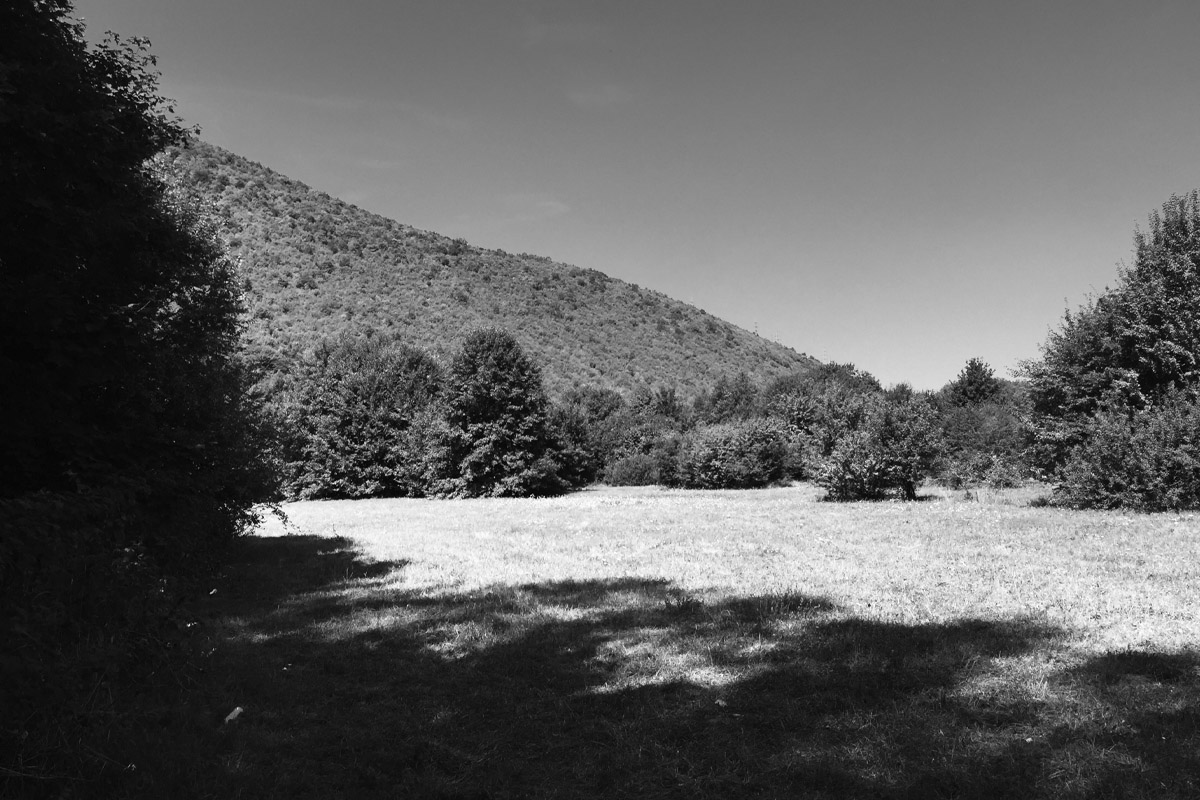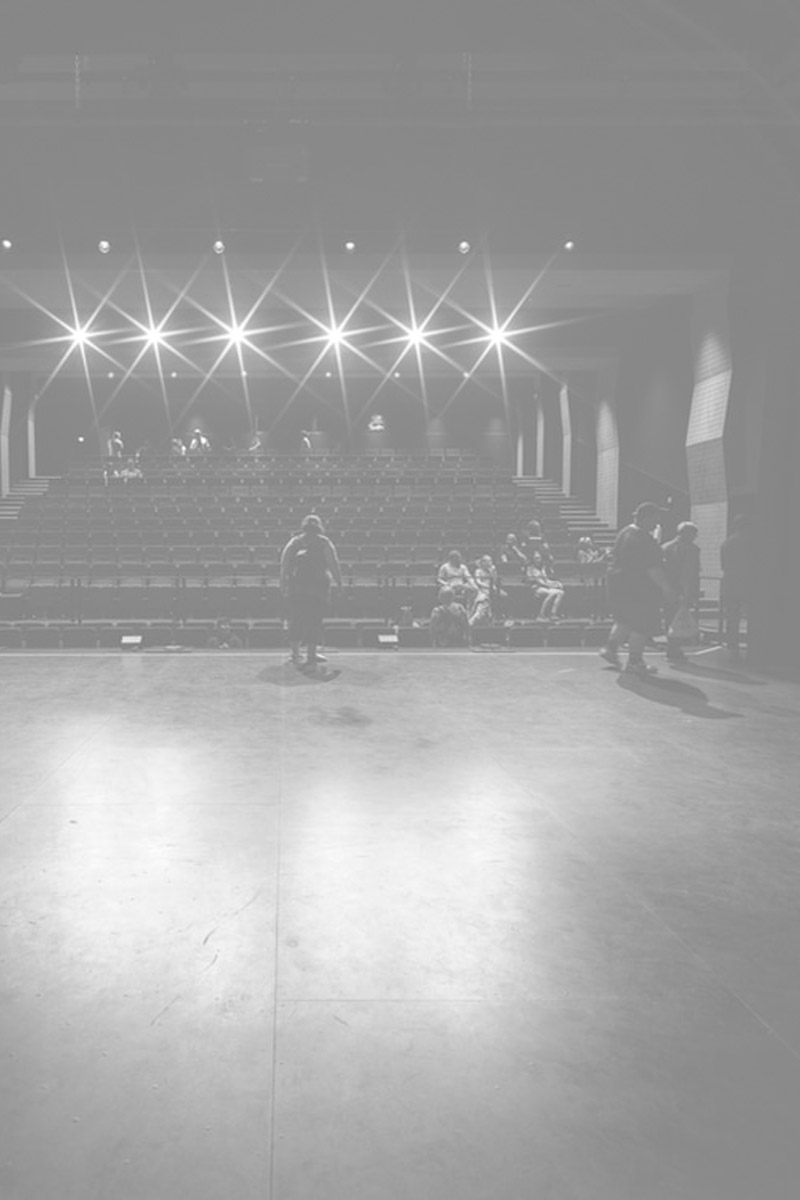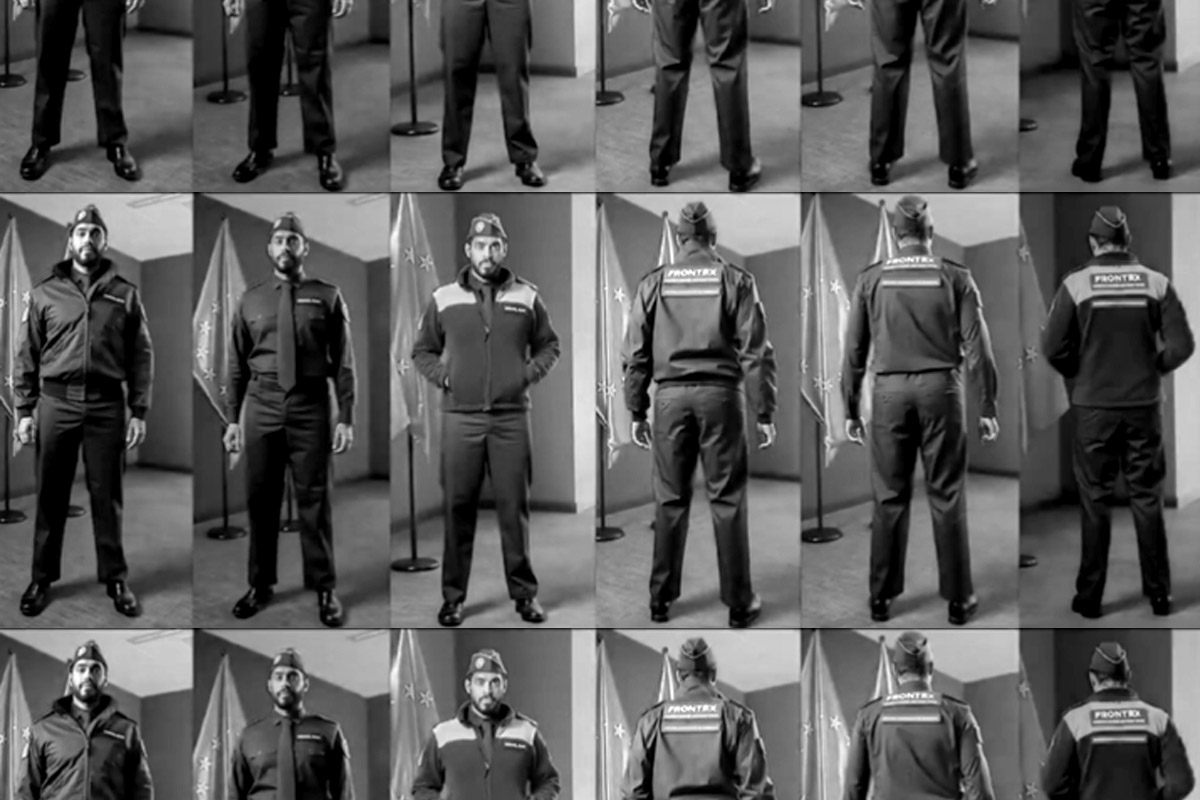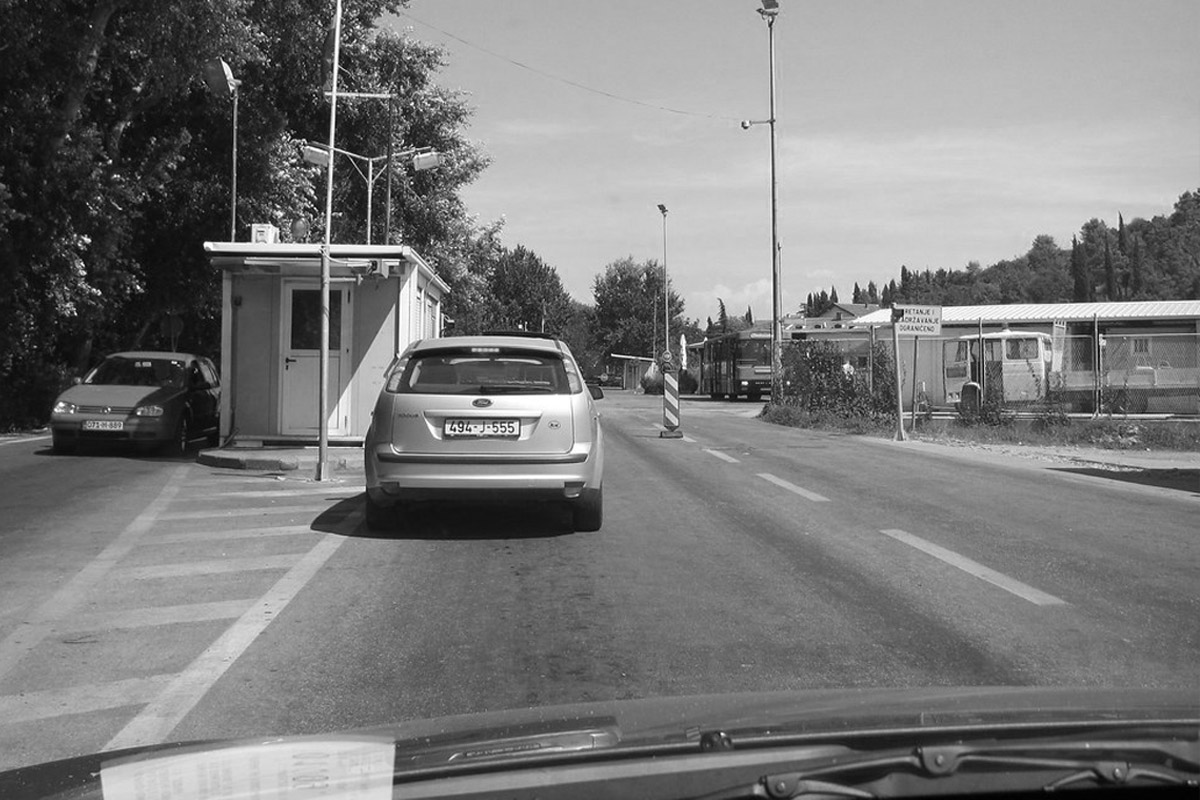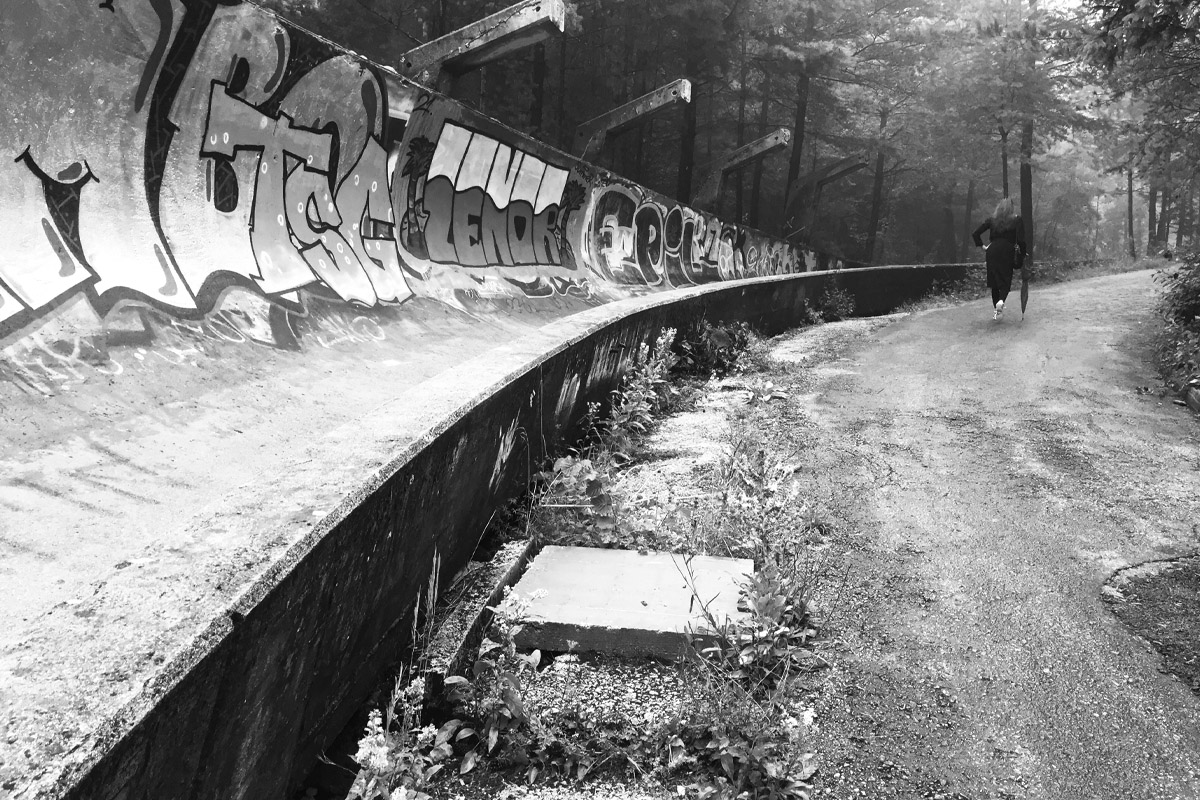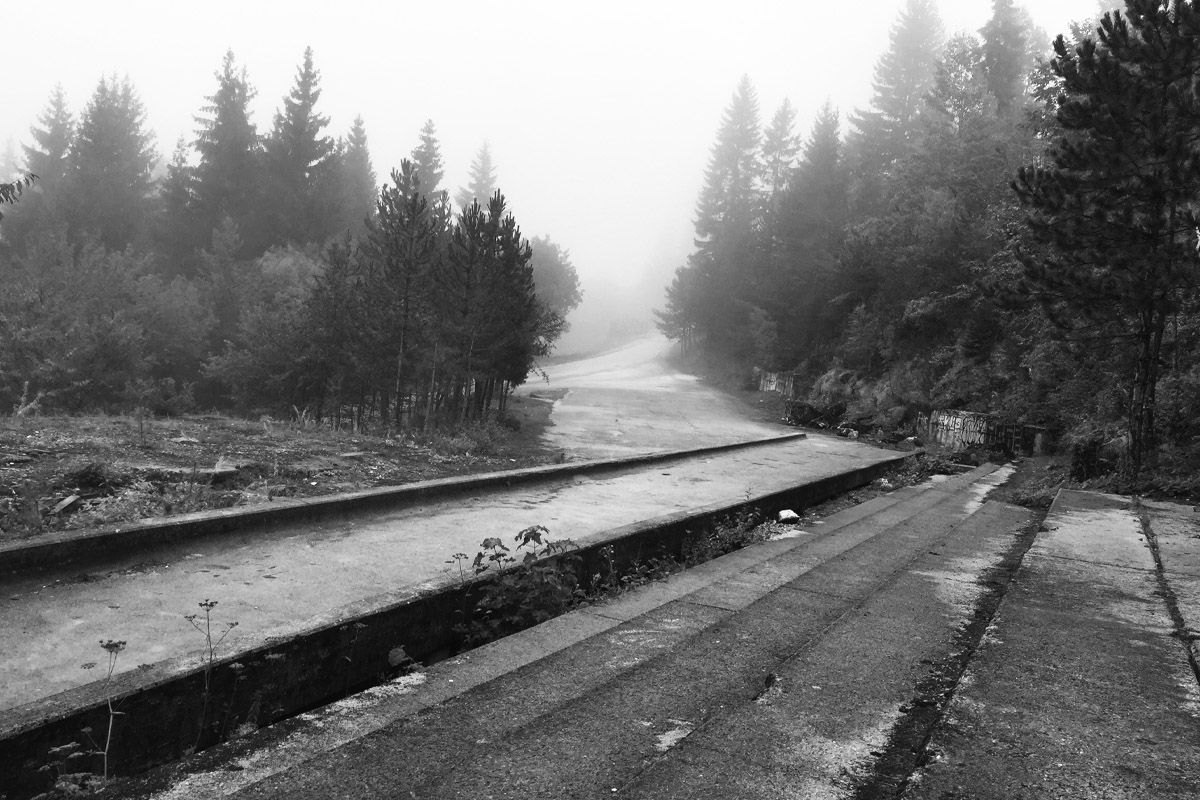Re-generation
Re-generation is the working title of my new theatrical project. It is a project that brings together many of the themes and methods I have worked with over the years.
Thematically, it explores the healing power of storytelling. How the theater can restore (re-generate) connections that were broken by conflict. How people of different ages (generations) can be affected by the same trauma and how the theater can help them find ways to heal.
The method I want to use is one of open-ended experimentation. I don’t want to start with a specific end goal in mind (no play, no text, no certain predefined kind of performance…) We start from the confrontation and connection of a small number of diverse participants. Their interactions will determine the direction of the process. This method combines strategies from the artistic theater with approaches that are used in drama therapy.
There will be several presentations of our progress. These presentations for a live audience will be very open about our experimental approach. They will be a mix of rehearsed material and improvisation. No two presentations will be the same, because I want to use those moments to look for the most suitable theatrical form for this specific theme. It is a laboratory.
These are the general principles behind Re-generation. But what specific topic do I want to tackle? Which specific people do I want to confront on stage? Well, there is an international element to this…
I have often worked internationally. In Poland and Bosnia, in the Netherlands and China… What fascinates me when visiting foreign countries and communities is how my position as an outsider can be a benefit. Sometimes it’s easier for people to open up to an interested stranger than to their neighbour.
For Re-generation I want to start from an international connection as well. I have travelled in former Jugoslavia several times. I was surprised to find that even the young generation still struggles with the trauma of the wars of the 1990s. But at the same time, that struggle offers possibilities. For them and for us in Western Europe.
The European Union was born out of conflict. Out of an old war and out of the intense hope to avoid a new one. It started as an economic project, but that economic partnership was the way to achieve loftier ideals: freedom and democracy, peace and stability.
The memory of war has faded into the past. And it seems the urgency the EU was founded on is also fading. There are growing anti-European sentiments in many member states. Especially in Western Europe, once the heartland of the European dream. Have we forgotten the necessity of the European project?
We commemorate the reasons for the founding of the EU in museums and in monuments. But not through living men and women, not in living stories.
At the Eastern end of the European Union new nation states are hoping to join us. They still feel that sense of urgency, they do still believe in the goals and the utopian vision of the European manifesto. Former Jugoslavia is a good example.
Why are they so passionate about joining the EU? Is it because they still have vivid memories of a violent conflict? Does the trauma of the war make European unity seem more relevant and topical to them?
These citizens don’t need stone memorials to remember the benefits of unity and peace. They themselves are living proof. Their memories and their stories are the basis of their longing to join the EU.
Prospective member states such as Bosnia hope the EU can mean a new start for them. But maybe they can be a new start for us, the present member states, as well? Can their tales and traumas remind us how important the European ideal is?
There is a role for the theater to play here. It is the perfect platform to actualize forgotten goals, to breathe life into dormant dreams. The stage is a place to try to find connections between the jaded West and the eager East. Regardless of the specifics of time and place, people everywhere – in Bosnia or Belgium – can connect through stories and the theater, through shared emotions.

In 2021 I went to Bosnia to conduct exploratory research. I talked to various drama therapists about how they employ the theater to help people deal with the trauma of the 1990ies.
During that research stay, I interviewed Lejla Subo. This 24-year-old had a lot of insights into the mental health issues her generation struggles with, and the need to put that struggle into stories. She was very vocal about the lingering trauma of the war, both in older and younger people. You can listen to an edited version of that interview here.
I believe this is a good topic to explore with the theatrical experiment I have in mind. It is relevant and urgent, and it is a topic that can benefit from the theatrical methods I want to try out.
I want to use the theater mode to bring together people from both sides of the European border. People from both sides of the European dream and in different stages of their European history. Three, maybe four people. At least two actors (from different countries) and one musician. By having their stories interact I hope to re-generate some of the urgency the European project used to have.
One of those actors would be Lejla: she is a budding artist who has explored dance and dramaturgy, acting and writing, languages and literature. All those different aspects of the performing arts make her an ideal participant for this kind of experiment.
Who the other participants are, has not yet been decided. I want to add a musician because that gives me yet another artistic form to work with. The music can be another element to throw into the mix in our laboratory. Each performance will use a different mix, try out different formulas.
